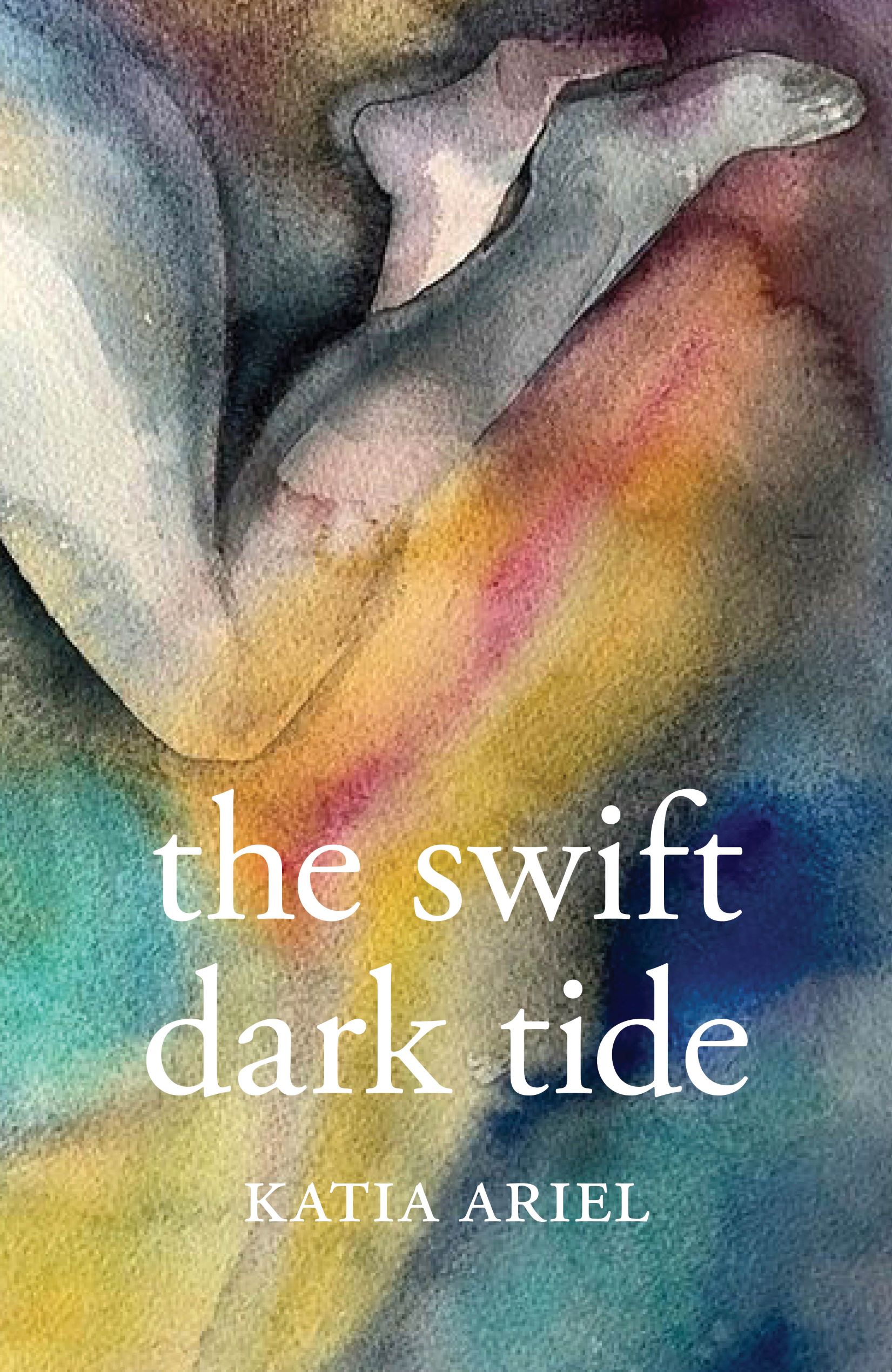 There is a clear narrative arc that drives the reading forward quickly, but the writing is so sensual and languid that it creates a resistance to that progression. So much transformation happens in the gaps between the action – looking at the ocean, in the silent space of memory, in a moment after birth while looking into a newborn’s face, or even small moments of mindfulness such as noticing the pure green of a paediatrician’s jumper, or a seaweed crown “mossy garlands the circumference of an adult head” floating on the surface of the water.
There is a clear narrative arc that drives the reading forward quickly, but the writing is so sensual and languid that it creates a resistance to that progression. So much transformation happens in the gaps between the action – looking at the ocean, in the silent space of memory, in a moment after birth while looking into a newborn’s face, or even small moments of mindfulness such as noticing the pure green of a paediatrician’s jumper, or a seaweed crown “mossy garlands the circumference of an adult head” floating on the surface of the water.
Tag: Australian fiction
A review of One Day We’re All Going to Die by Elise Esther Hearst
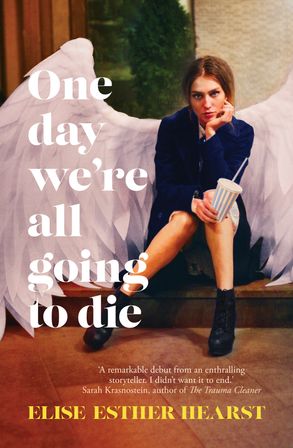 Deceptively easy to read, One day we’re all going to die is a rich, complex book that encompasses family and connection, friendships, privilege, survival in the face of inherited trauma, Judaism, culture, modern life, and the healing power of creativity. If that seems like a lot, it doesn’t feel like it. Hearst handles it all with ease, and the book is a light-hearted joy.
Deceptively easy to read, One day we’re all going to die is a rich, complex book that encompasses family and connection, friendships, privilege, survival in the face of inherited trauma, Judaism, culture, modern life, and the healing power of creativity. If that seems like a lot, it doesn’t feel like it. Hearst handles it all with ease, and the book is a light-hearted joy.
A review of Restless Dolly Maunder by Kate Grenville
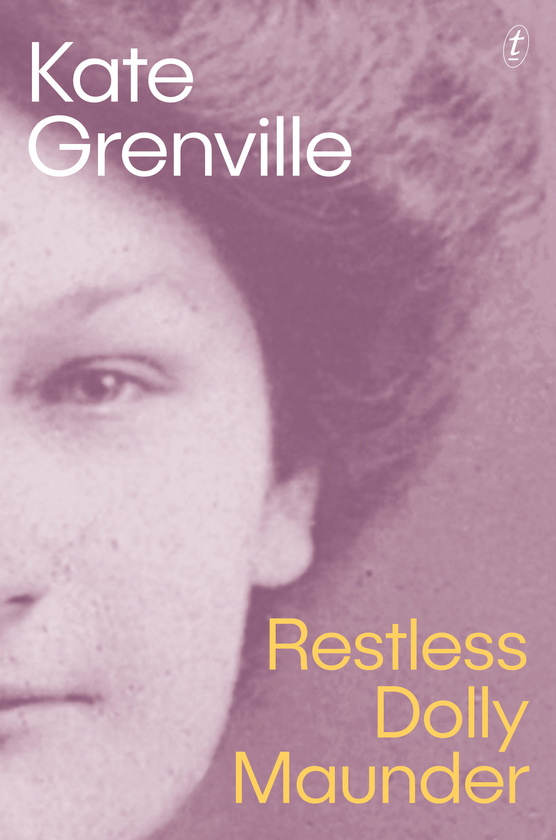 Restless Dolly Maunder is an easy and fast-paced read. It may be labelled as fiction, and certainly Grenville uses all of her narrative capabilities to create such a compelling character, but the book is as much a story of Australia’s history as it is the tale of a strong, intelligent and thwarted woman whose struggles helped transform the lives of generations to follow.
Restless Dolly Maunder is an easy and fast-paced read. It may be labelled as fiction, and certainly Grenville uses all of her narrative capabilities to create such a compelling character, but the book is as much a story of Australia’s history as it is the tale of a strong, intelligent and thwarted woman whose struggles helped transform the lives of generations to follow.
A review of The Age of Fibs by Beth Spencer
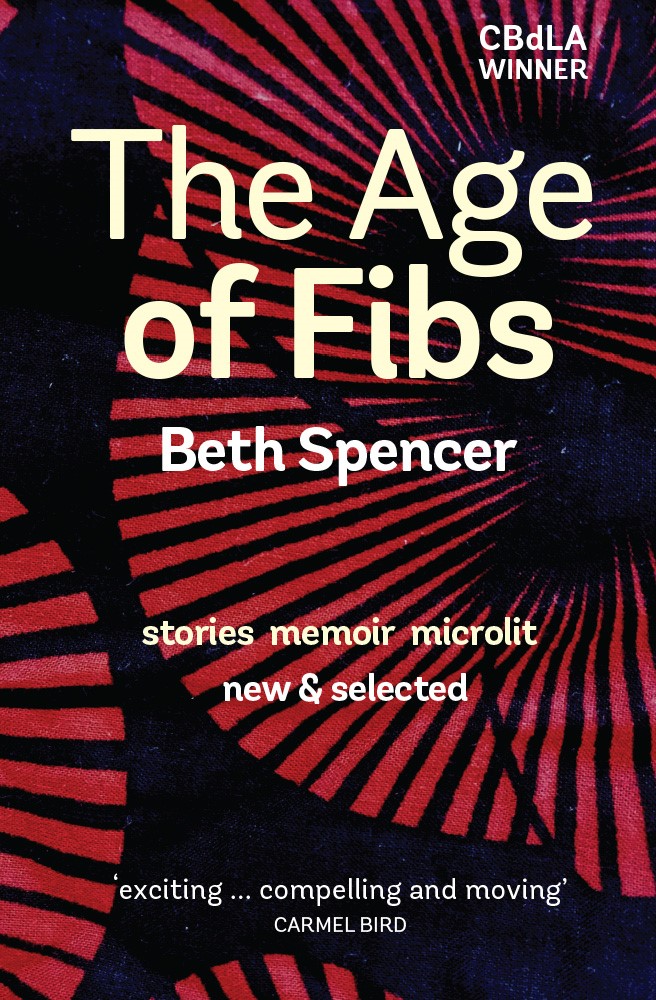 It is always both true and fictive, and like dreams, pieced together from a grab-bag of images and turned into stories that reflect the themes being explored. The Age of Fibs picks up on this uncertainty beautifully and works with it, allowing for openness, complexity, and fragmentation, while still keeping the coherency of the story intact.
It is always both true and fictive, and like dreams, pieced together from a grab-bag of images and turned into stories that reflect the themes being explored. The Age of Fibs picks up on this uncertainty beautifully and works with it, allowing for openness, complexity, and fragmentation, while still keeping the coherency of the story intact.
A review of Black Rabbit by Angus Gaunt
 There are multiple ways to read Black Rabbit, and the reader is invited to take part in the meaning making in a way that is very open. You can imagine Maurice’s arc in multiple ways. However you choose to interpret it, Black Rabbit is a terrific read, full of unpredictable twists, well-drawn characters and an unforgettable narrative.
There are multiple ways to read Black Rabbit, and the reader is invited to take part in the meaning making in a way that is very open. You can imagine Maurice’s arc in multiple ways. However you choose to interpret it, Black Rabbit is a terrific read, full of unpredictable twists, well-drawn characters and an unforgettable narrative.
A review of All the Lives We’ve Lived by Roslyn McFarland
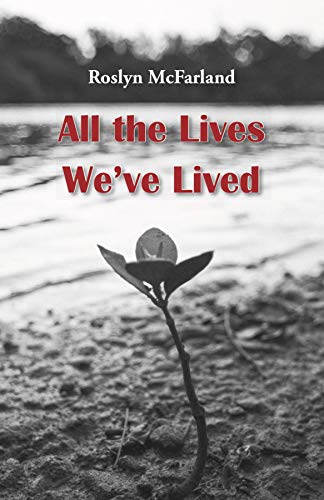 Kate’s trajectory is one of discomfort and discovery as she unearths, and then rewrites her history and the history of Salt Pan Creek, facing the wrongs she and her people, including her own parents, have done, and attempting to right them. McFarland does a beautiful job of pulling history, fiction, multiple love stories and trauma together into a coherent narrative that is powerful.
Kate’s trajectory is one of discomfort and discovery as she unearths, and then rewrites her history and the history of Salt Pan Creek, facing the wrongs she and her people, including her own parents, have done, and attempting to right them. McFarland does a beautiful job of pulling history, fiction, multiple love stories and trauma together into a coherent narrative that is powerful.
A review of The Weekend by Charlotte Wood
 The Weekend is about so many things: preconceptions, societal norms, continuity and difference, about the self and about relationships, but most particularly about friendship and what it means to be both separate individuals in this world throughout life changes, and also the ways in which we are implicitly connected and collective.
The Weekend is about so many things: preconceptions, societal norms, continuity and difference, about the self and about relationships, but most particularly about friendship and what it means to be both separate individuals in this world throughout life changes, and also the ways in which we are implicitly connected and collective.
A review of The Returns by Philip Salom
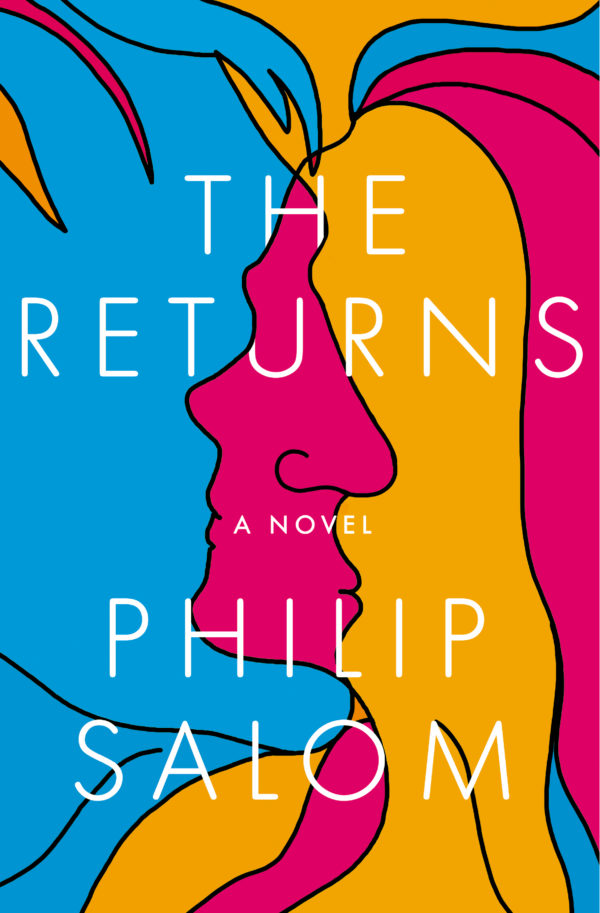 The streets of Melbourne are vividly alive in this work, and nowhere more so than in its description of the natural world around the city, from Royal Park where Trevor walks Gordon to the steel carriages tram, the graffitied buildings or the flora and fauna that is everywhere in flashes of beauty.
The streets of Melbourne are vividly alive in this work, and nowhere more so than in its description of the natural world around the city, from Royal Park where Trevor walks Gordon to the steel carriages tram, the graffitied buildings or the flora and fauna that is everywhere in flashes of beauty.
A review of The Accusation by Wendy James
 To say that the book is engaging is a gross understatement. The Accusation is the kind of story that you miss meals to finish, sneak read, and stay up late to keep going. It’s ultra-fast paced, and the speed of the plot belies just how good James’ writing is. James is a master of suspense, providing all sorts of subtle hints and details with legalistic precision.
To say that the book is engaging is a gross understatement. The Accusation is the kind of story that you miss meals to finish, sneak read, and stay up late to keep going. It’s ultra-fast paced, and the speed of the plot belies just how good James’ writing is. James is a master of suspense, providing all sorts of subtle hints and details with legalistic precision.
An interview with Nigel Featherstone
 Nigel Featherstone is an Australian writer who has been published widely. His works include the story collection Joy (2000), his debut novel Remnants (2005), and The Beach Volcano (2014), which is the third in a series of novellas. He wrote the libretto for The Weight of Light, a contemporary song cycle that had its world premiere in 2018. He has held residencies at Varuna (Blue Mountains), Bundanon (Shoalhaven River), and UNSW Canberra at the Australian Defence Force Academy. In this detailed and wide-ranging interview, Nigel talks about his new book Bodies of Men.
Nigel Featherstone is an Australian writer who has been published widely. His works include the story collection Joy (2000), his debut novel Remnants (2005), and The Beach Volcano (2014), which is the third in a series of novellas. He wrote the libretto for The Weight of Light, a contemporary song cycle that had its world premiere in 2018. He has held residencies at Varuna (Blue Mountains), Bundanon (Shoalhaven River), and UNSW Canberra at the Australian Defence Force Academy. In this detailed and wide-ranging interview, Nigel talks about his new book Bodies of Men.